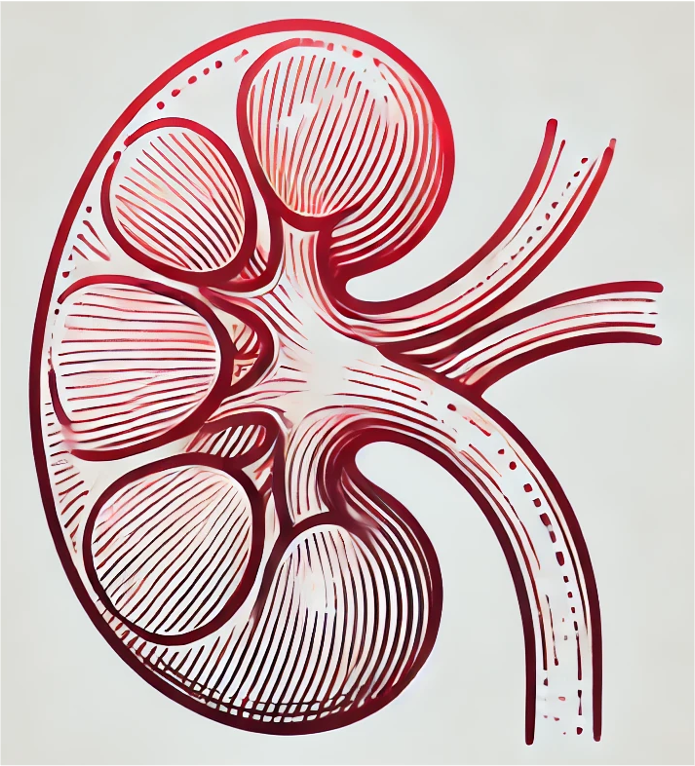Description
Purpose: Acute kidney injury (AKI) is defined as a sudden event of kidney failure or kidney damage occurring within a short period. Ischemia-reperfusion injury (IRI) is a critical factor to induce severe AKI and end-stage kidney disease in the kidney. However, biological mechanisms of ischemia and reperfusion are not well elucidated due to its complex pathophysiological processes. We aim to investigate key biological pathways affected by ischemia and by reperfusion separately at the transcriptome level.; Method: We analyzed steady-state gene expressions using RNA-seq transcriptome data for normal (pre-ischemia), ischemia and reperfusion conditions obtained from the human kidney tissue. A conventional differential expression analysis and self-organizing map (SOM) clustering analysis followed by pathway analysis were performed to identify the underlying biological mechanisms of ischemia and reperfusion.; Results: Differential expression analysis showed that metabolism and gap junction-related pathways were dysregulated in ischemia, whereas hypertrophy and immune response-related pathways were dysregulated in reperfusion. In addition, SOM clustering analysis revealed that metabolism, apoptosis, and fibrosis-related pathways were significantly dysregulated by ischemia compared to pre-ischemia. On the other hand, cell growth, migration, and immune response-related pathways were highly dysregulated by reperfusion after ischemia. Pro-apoptotic genes and death receptors were down-regulated during ischemia, indicating a protective process against ischemic injury. Reperfusion induced alteration of genes associated with immune components such as B-cell, neutrophil, and interleukin-15. Additionally, genes related to cell growth and migration such as AKT, KRAS, and Rho signaling were down-regulated, which might imply injury responses during reperfusion. Semaphorin 4D and plexin B1 were also down-regulated. However, further investigations are needed to identify their roles.; Conclusion: We showed that specific biological pathways were distinctively involved in ischemia and reperfusion during IRI, suggesting that condition-specific therapeutic strategies may be required to prevent severe kidney damage after IRI in clinical research.
Overall Design
Five male patients mRNA profiles of pre-ischemia, ischemia and reperfusion conditions in human kidney were generated by deep sequencing, using Illumina Hiseq2500.
Curator
hy_li
